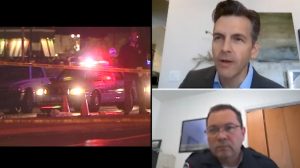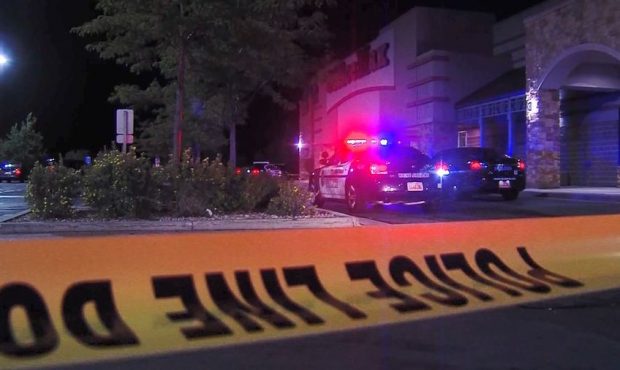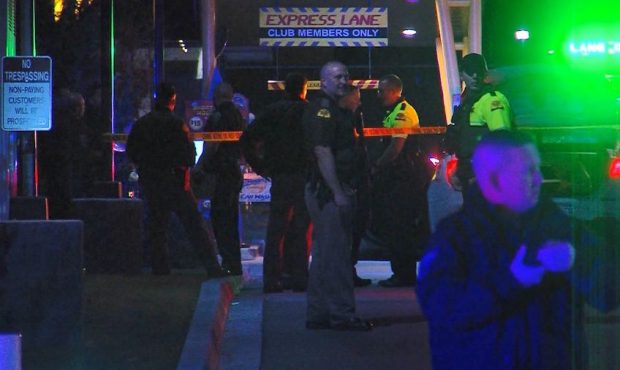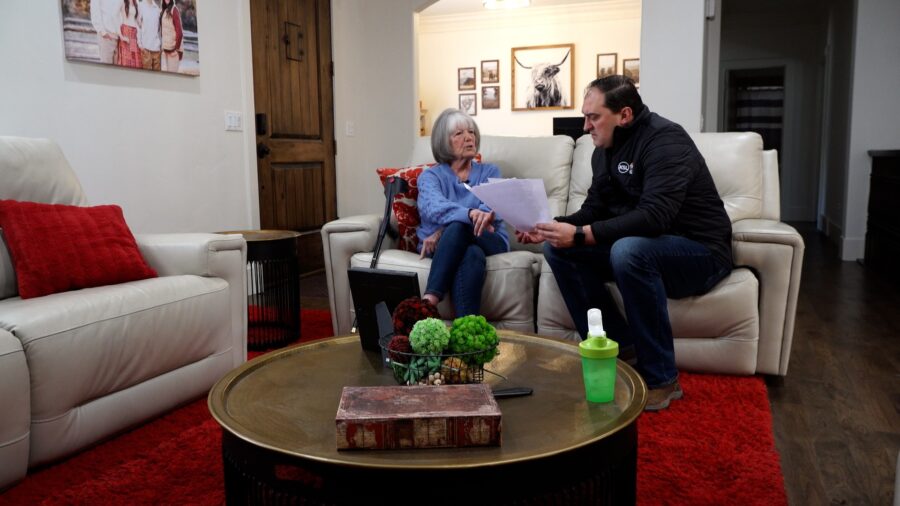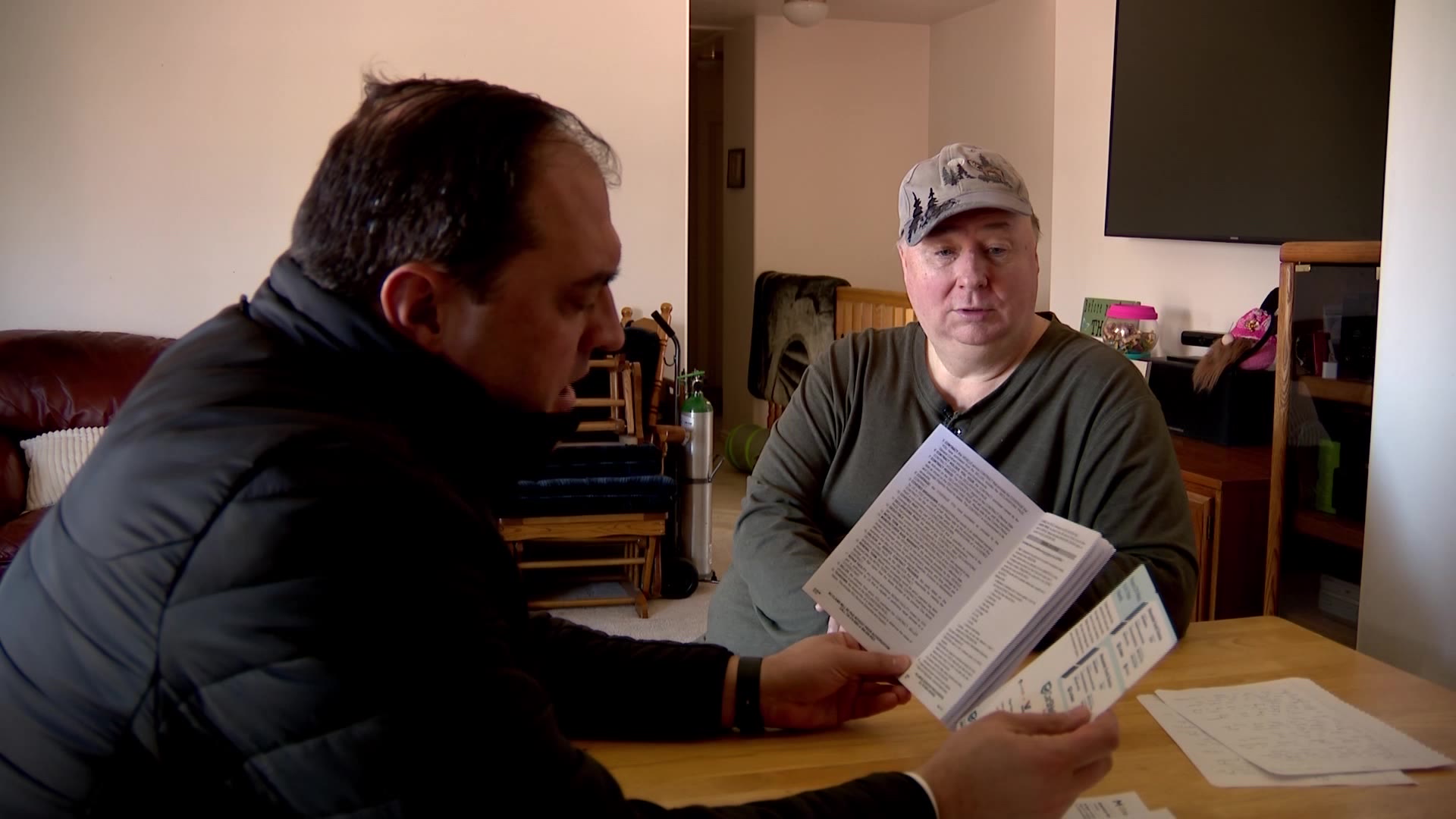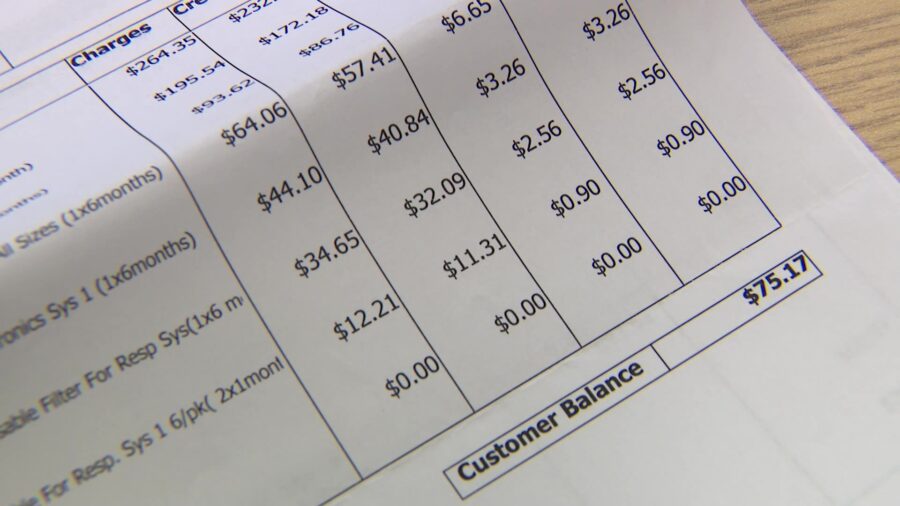KSL Investigates Bill Mandating Statewide Standards, Reporting Of Police Use Of Force
Feb 25, 2021, 10:25 PM | Updated: Jun 19, 2022, 9:57 pm
SALT LAKE CITY, Utah – For much of 2020, police use of force received major attention across the country. Protestors called for change. Professional athletes called for change. City, state, and national leaders called for change.
But the KSL Investigators discovered Utah is missing some crucial data lawmakers need as they weigh several policy decisions.
Last November, after a four-month investigation, KSL revealed Utah lawmakers don’t have accurate information on police use force – namely, who is involved? What are the circumstances? And how often does it happen?
Police Use Of Force: KSL Investigators Find Inconsistent Records, Definitions Statewide
Three months after KSL’s investigation, lawmakers are looking to make it mandatory for law enforcement agencies to report standardized use-of-force data to a statewide database.
While many seem to be on board, at least one police chief argues, lawmakers are missing the mark.
House Bill 84
HB84’s general description reads: “This bill requires local law enforcement agencies to collect and submit data on the use of force to the Bureau of Criminal Identification.”
Rep. Angela Romero, D-Salt Lake City, is sponsoring the bill, which has already passed the Utah House of Representatives.
The hope is by requiring agencies to report use-of-force incidents to the state, it will help lawmakers and police agencies have a more complete picture so they can make more informed decisions with future policy and law.
“We already have the database, we’re just not using it,” Romero told KSL.
She questions why, if law enforcement already has the data, they are not required to share it.
“Why have a database, if you’re not going to utilize it?” said Romero, “For law enforcement, this is about transparency. And for the community, this is about transparency as well.”
Transparency, that on the surface has been hard to come by.
Last summer, the KSL Investigators requested public records from every one of the 117 law enforcement agencies in the state. Our investigation revealed up to 18 police agencies in Utah do not track use of force; 21 never provided any data on force incidents, either because they never responded to multiple requests, declined to answer or denied requests, or simply never provided the number they said they were working on.
The majority that did provide use-of-force data spent days, weeks and even months — some digging through individual reports — just to find the information.
HB84 is supposed to change that.
House Speaker Brad Wilson, R-Kaysville, helped push the bipartisan bill onto the Utah Senate.
“Sometimes we get caught off guard a little bit when we think that we would have some information available to us, and we don’t,” he said.
Defining Use Of Force
Requiring the data to be reported is one thing. Defining exactly what that data entails, is where things get messy.
In our four-month investigation, the KSL Investigators discovered how one department defines “use of force” does not necessarily line up with another agency’s definition.
For example, in Iron County, a verbal command is reported use of force. In Springville, minimal physical resistance by the suspect is reported use of force. In Payson, there must be an injury to report use of force. While in Salina, simply displaying a gun or taser is reported use of force.
So how, at a statewide level, do you report use of force if every police agency has a different way of defining it?
“What is that? I ask, what is that? Nobody ever defined it. And even in this current bill, it’s still not clearly defined,” asked Trent Lloyd, chief of police in the rural Utah city of Richfield.
He said his department documents a lot of things most would consider use of force, like K-9 deployment, use of pepper spray, and hand-to-hand altercations, to name a few – valuable information he said the proposed legislation is not clearly asking for.
“Me showing up is literally use of force. Me handcuffing someone, which happens all the time, is use of force. What use of force is it you want?” he asked.
FBI Definition
What data is wanted appears in lines 43 and 44 of HB84, where it reads the state will “establish a statewide uniform crime reporting system that shall include: statistics concerning the use of force by law enforcement officers in accordance with the Federal Bureau of Investigation’s standards.”
Pull up the FBI standards, and it appears one of three things needs to occur to qualify:
- Someone has to be seriously injured.
- Someone has to be killed.
- An officer has to discharge a firearm at or in the direction of someone.
Another Utah bill focused on police use of force under consideration this session, HB264, adds another standard: If an officer points a firearm or taser at someone, it is considered use of force and must be reported.
But despite those specifics, Lloyd called the legislation vague and claims a majority of use-of-force cases don’t involve any of those criteria.
Salt Lake City Data
His point can be illustrated by two years’ worth of data documented by the Salt Lake City Police Department.
From January 2019 to December 2020, Salt Lake City has reported 1,609 use-of-force cases.
Under the four criteria outlined by FBI standards and Utah’s proposed legislation, only a small percentage of those cases would be reported to the state.
Just 13.4% involved a gun or taser either being pulled or fired. While the online data does not categorize serious injury or death, it does show 16.1% of cases ended with a visible injury.
Those are small pieces in the use-of-force pie chart, begging the question: Why there would be no requirement to report the rest of the slices?
For example, 84.1% of force used by Salt Lake City police – cases that involve the use of WRAP restraints, K-9s, feet, fist or hands.
Data also shows 77.2% of cases reported no visible or noted injuries, so they would not be reported.
Lloyd questioned the benefit of incomplete data.
“Make it clear. Don’t base it off of something that can change tomorrow, like the FBI standard, because it can. Spell it out — this is what we want,” he said.
DPS Requesting More Data
In August 2020, Utah’s Department of Public Safety Commissioner Jess Anderson, sent a letter to law enforcement across the state, stating if physical force did not result in death or serious injury, agencies should report use of force in the following circumstances:
- Any canine inflicted injury
- Any discharge of pepper spray
- Any strike or attempted strike with an impact object
- Any strike or attempted strike of an individual with hands or feet
- Any physical contact with an individual resulting in an injury or complaint of injury that requires medical treatment or a medical release to book the individual into jail.
- Any discharge of a less-lethal weapon.
Those specifics would cover just about every type of force used by law enforcement. But they do not appear in the new legislation, meaning it’s not mandatory to report. Meaning the data will be incomplete.
Wilson said the events of last summer made it clear, there is a need for accurate information when it comes to police use of force.
“If you want to see policymakers have a swing and a miss, it’s when we’re having guesswork,” he said.
While some believe HB84 still leaves a lot of guesswork, Wilson, Romero and nearly 70 other members of the House who voted for it, believe it’s an important starting point.
Have you experienced something you think just isn’t right? The KSL Investigators want to help. Submit your tip at investigates@ksl.com or 385-707-6153 so we can get working for you.




